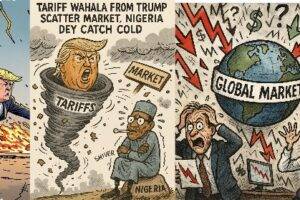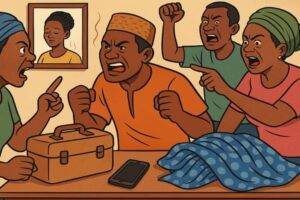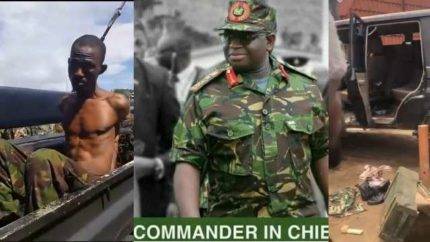Sierra Leone was thrown into chaos as armed men broke into prisons, unleashing detainees from several “major” facilities. The incident unfolded early Sunday morning, marked by an initial attack on a military barracks in the capital city of Freetown. Gunshots reverberated near the presidential residence, causing widespread concern among residents.
Amidst the escalating turmoil, the Ministry of Information swiftly imposed a nationwide curfew, urging citizens to remain indoors for their safety. Flight operations at the country’s sole international airport were promptly suspended. Information Minister Chernor Bah affirmed the containment of assailants on the outskirts of Freetown, assuring the public that state security forces largely had the situation under control.
Unrest Grips Freetown, Detention Centers Targeted in Sierra Leone
The assault saw significant detention centers, notably the Pademba Road Prisons, come under attack. Minister Bah emphasized the strategic withdrawal of security forces to safeguard civilian lives, necessitating a tactical retreat. Confusion loomed over the exact count of released prisoners, with unverified social media videos depicting multiple individuals fleeing the Central Pademba Road prison, including a purported escape of rapper Boss LAJ, formerly imprisoned on robbery charges.
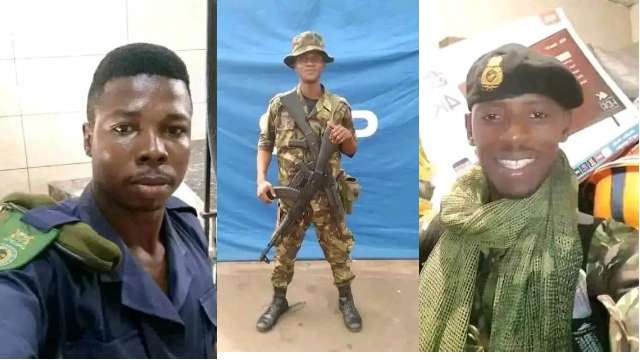
President Julius Maada Bio addressed the Sierra Leone via social media platform X, highlighting the government’s commitment to preserving democracy and appealing for citizens to adhere to the curfew, prioritizing safety amidst the volatile situation.
Political Tensions Escalate Amidst Disputed Elections
Sierra Leone’s political climate has been fraught with tension since President Bio’s re-election, marred by controversies surrounding the electoral process. International observers raised concerns regarding irregularities, lack of transparency, and instances of violence and intimidation during the polls. Previous events in August, involving the arrest of soldiers accused of plotting a coup, added to the nation’s instability.
Regional and Global Condemnation Amidst Regional Unrest
The recent turmoil in Sierra Leone adds to the regional upheaval, with eight West and Central African countries experiencing military rule due to a series of coups. Neighboring Guinea witnessed a recent coup, contributing to the broader concerns of political instability across the region. The global community, including the US, European Union, UK, and Ecowas, issued strong condemnations against Sunday’s violence, underlining the urgent need for stability and peace restoration in the nation.
The unprecedented events in Sierra Leone amplify concerns about the fragility of democratic institutions in the region, prompting widespread calls for dialogue and concerted efforts to uphold stability amidst escalating tensions.
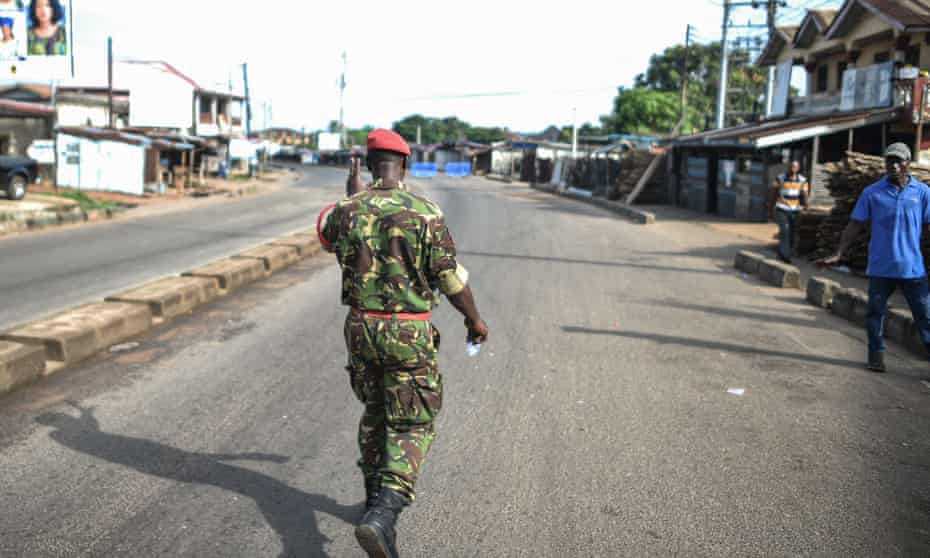
Decline of Democratic Governance
Over the past three years, a disconcerting trend of political instability has gripped several African nations, heralded by military coups and uprisings that have upended democratic structures. Mali served as the initial spark, witnessing a series of coups since 2020, setting a troubling precedent. Guinea, Sudan, Chad, Burkina Faso, Niger, Gabon, and attempts in other countries like The Gambia, Guinea-Bissau, and Sao Tome and Principe, all reflect a landscape of shifting power dynamics.
These events have raised pertinent questions about the state of civilian-led governments and their resonance among populations. The apparent support for these uprisings among civilians underscores a growing dissatisfaction, challenging the notion of effective democratic representation. It poses a critical query: are people losing faith in ostensibly democratic governance structures?
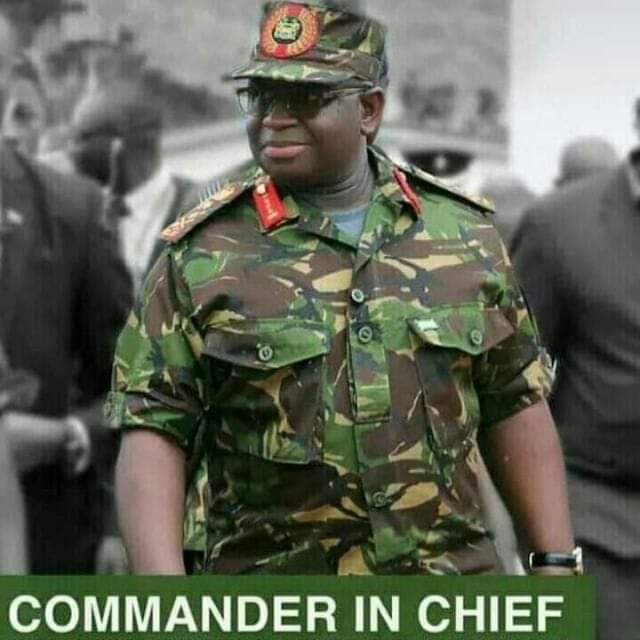
Factors Fueling Political Turmoil
Experts have pointed to weak democratic processes, especially prevalent in Francophone West Africa and the Sahel, as contributing significantly to this wave of unrest. This deterioration is marked by deep-rooted issues such as widening inequality, corrupt administrations, and fragile cultural and ethnic accords. Such conditions, acting as fertile ground for discontent, invite the interference of external powers aiming to extend their influence.
The interplay of economic, political, and social challenges within the region significantly heightens its vulnerability to coups and uprisings. This confluence underscores the urgent need for substantive reforms in governance and social structures to address these underlying issues. The lure of outside influence further complicates the situation, amplifying the fragility of democratic institutions.
International Dynamics and Influence
The involvement of external players, ranging from former colonial powers like France to mercenaries from Russia and regional entities such as the Economic Community of West African States (ECOWAS), adds another layer of complexity. These external actors seek to capitalize on the region’s vulnerabilities, either through historical ties, economic interests, or geopolitical maneuvering.
The combination of internal challenges and external interventions exacerbates the instability, raising concerns about the sovereignty of nations in the region. The presence and motives of these international players often shape the trajectory of political events, underscoring the intricate web of interests at play.

The Future of African Governance
As Africa grapples with this turbulent period, the trajectory of democratic governance remains uncertain. The recurring cycles of coups challenge the stability and credibility of democratic processes. The need for concerted efforts to strengthen institutions, promote inclusivity, and address underlying socio-economic disparities becomes imperative to steer the region toward stable governance.
The recent spate of coups across Africa underscores a crisis in democratic governance, accentuated by internal vulnerabilities and external interests. Reversing this trend demands a holistic approach addressing both systemic issues within these nations and the influence of external powers. The road ahead necessitates a concerted effort from regional bodies, international stakeholders, and local governments to restore stability and uphold democratic values in the region.
Table of Contents
Discover more from OGM News NG
Subscribe to get the latest posts sent to your email.








